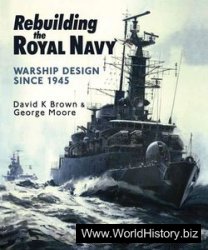The war influenced the attitudes and perspectives of many American
writers and intellectuals. Ernest Hemingway, William Faulkner, and e. e.
cummings were three major writers who went to war and incorporated their
experiences in their fiction. Hemingway was wounded while serving with
an ambulance unit in Italy, Faulkner was hurt in a plane crash while training
with the Royal Canadian Air Force, and cummings had an offbeat encounter
with the war when he spent four months in a French detention center as a
suspected subversive. The restless Hemingway, like many American intellectuals
in the 1920s, went to Europe as a long-term refugee from his own
society. And the trauma of the war led to what literary critic Frederick J.
Hoffman has called "an almost obsessive preoccupation with wounds and
death," visible in Hemingway's fiction down to Across the River and into
the Trees in 1950." Even more distilled and prolonged bitterness toward the
army, the U.S. government, and the country's entire participation in the war
can be found in the works of John Dos Passos starting with Three Soldiers
in 1921.




 World History
World History









